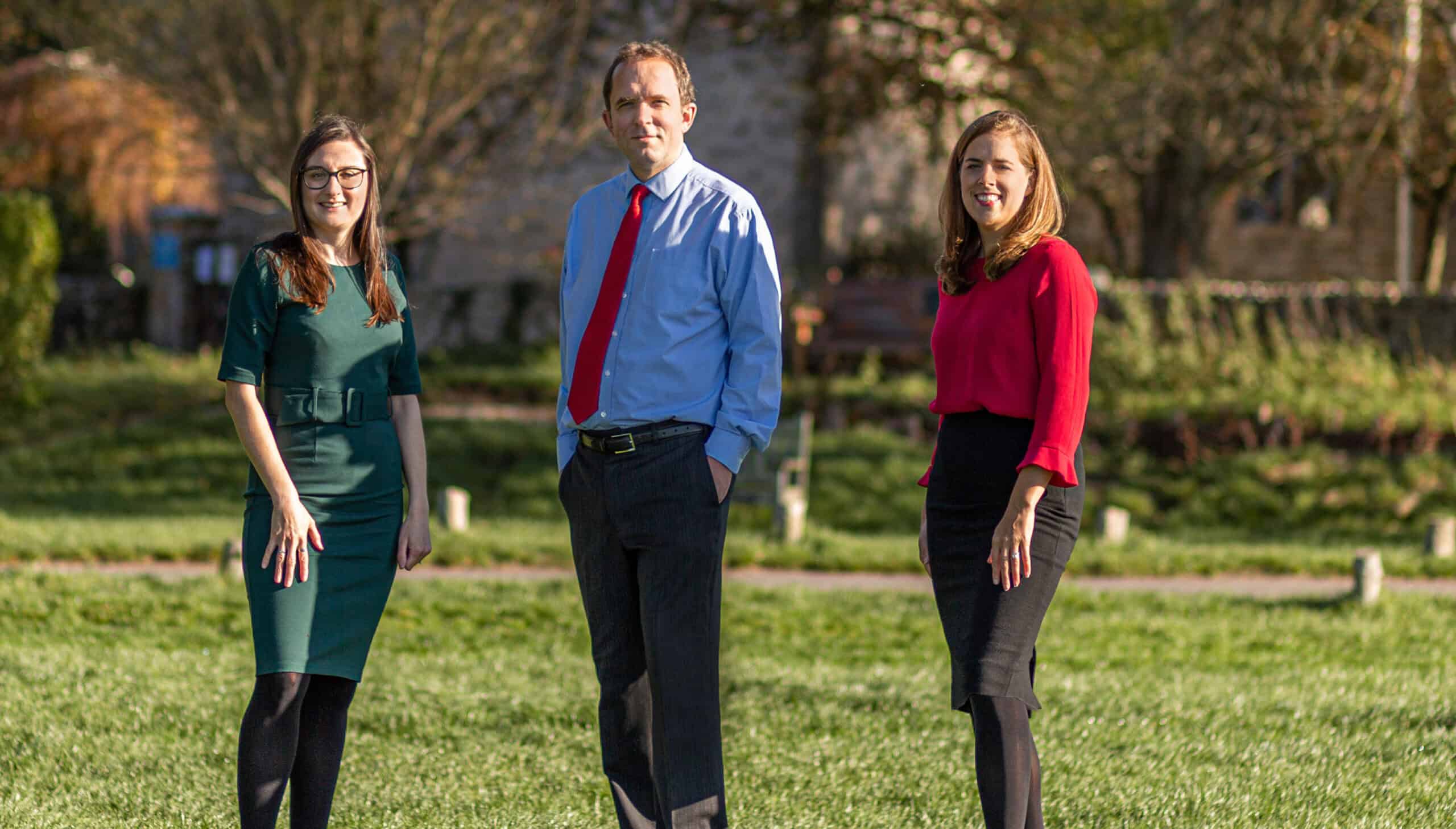
This has been a big Budget that will have long lasting ramifications. This has not been an easy Budget for those who are attempting to save and invest for their future. Given the changes announced today, many people will rightly be trying to understand what it means for them and how it might change their own personal financial plan.
At a glance
The Chancellor has increased taxes by a record £40bn and increased borrowing to £127bn for this tax year. Alongside the headline changes to minimum wage, fuel duty and increased spending for public services there were several changes that may affect you.
Rachel Reeves has delivered her first Budget as Chancellor, and the first Labour Budget in 14 years. It brings some clarity and certainty following many weeks of speculation. The Government has had to balance a challenging fiscal situation with a plan to invest for the future and for growth.
Capital Gains Tax
Amid much speculation, Capital Gains Tax (CGT) has been increased with immediate effect to 18% for basic rate tax payers and 24% for higher and additional rate tax payers. CGT on residential property remains unchanged. This means that, especially with the already reduced annual exemption and dividend allowance, the power and value of tax incentivised pensions and ISAs is even greater.
Inheritance Tax
The Inheritance Tax (IHT) threshold freeze of £325k (or £500k if it includes a residence left to a direct descendant) has been extended to 2030, meaning that more estates will be drawn into the IHT regime.
The first £1m of combined Business and Agricultural assets will be IHT free with values in excess of this only benefitting from 50% relief. Alongside increases to the Business Asset Disposal Relief on disposals to 14% in April 2025 and again to 18% the following year, many business, farmers and landowners may find themselves subject to IHT. As was always the case, these assets should be considered together with other ways to plan for tax effective intergenerational wealth transfer where the investor wishes to retain control over and access to the assets being planned with.
Pensions
With regards to pensions, there were two changes of note, the first is most likely to be of greatest interest, which is the inclusion of pension death benefits in inheritance tax calculations and charges, proposed from April 2027. This will not impact those receiving an income from a defined benefit pension scheme, or those that receive ongoing annuity payments following the death of the original annuitant. It will, however, generally impact all other pension death benefits, including death in service payments from pension schemes. The scheme will pay the charge before allocating or paying the residual and the usual exemptions if left to a spouse will apply.
The second pension change comes into immediate effect and only relates to transfer of pension funds to the EEA, where you remain UK resident. The change means that this will be significantly less favourable but in line with transfers to other parts of the world.
Stamp Duty Land Tax
The Stamp Duty Land Tax has been increased for second homes from 3% to 5% with effect from 31 October 2024.
Non-Dom status
The Government’s decisions to abolish the ‘non-dom’ status and end excluded property trusts in today’s Budget could have an impact on the number of UK high-net-worth individuals settling long term in the UK, which could have a knock-on impact on the UK’s high end property market. The provisions are relatively complex and specialist advice in relation to those affected will be essential.
Income Tax and National Insurance
The Chancellor reaffirmed Labour’s manifesto promise that ‘working people’ would not pay higher income tax or National Insurance (NI), they did confirm that the current freeze on thresholds will end in April 2028, but until then more people will continue to be pulled into paying increased tax.
The Government did, however, aim their biggest tax increase at employers, increasing employer NI contributions from 13.8% to 15%. This, alongside a drop in the threshold at which employers start to pay NI from £9,100 to £5,000 is expected to raise £25bn.
For Business Owners, consideration should be given to taking dividends rather than salary, and how to best extract funds from their business. The scope for savings from employing the spouse/partner has been reduced as the secondary threshold has been dramatically lowered. Existing arrangements should be reviewed in light of this change. As always advice will be essential.
Financial advice will be important and we are here to help you – contact the team at Cathedral Wealth Management for more information.







